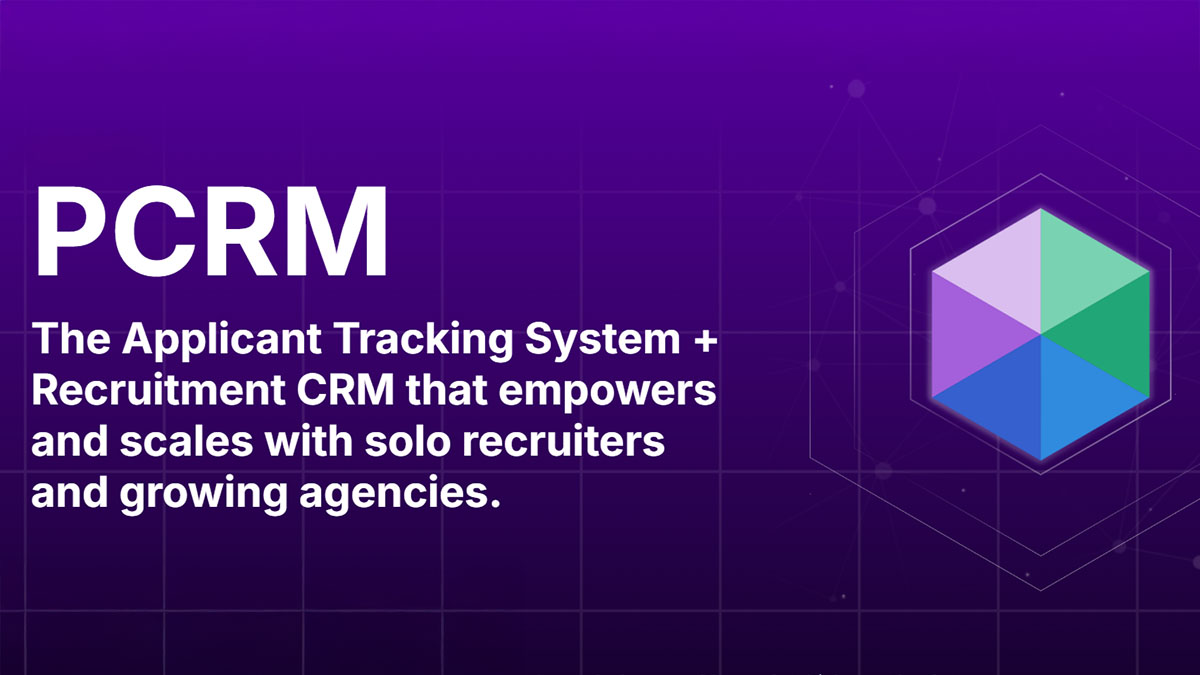The applicant tracking system market is continuing to grow, and as providers offer newer and better solutions, many companies are thinking about switching the service they currently use.
That’s the most important information to come out of “Talent Acquisition Systems 2011: Market Realities, Implementation Examples and Solution Provider Profiles,” a report released last year by Bersin & Associates. The report looked at survey responses from HR professionals and recruiters from organizations of all sizes and in all major industries.
According to Sarah White, who works as principal analyst of talent acquisition for Bersin & Associates, a lot of companies are choosing to work with providers that offer better support and a higher level of integration, and ATS companies that offer a large selection of products are doing the best. It’s commonly accepted that applicant tracking systems are just as important to the recruiting and onboarding process as interviewing and social networking.
Here are some key figures from the survey:
So, as you can see, applicant tracking systems and other similar technologies that make the recruiting and onboarding process easier, cheaper, and more efficient aren’t going anywhere anytime soon. If you’re not already using this technology, now is the time to jump on the bandwagon!

PCRecruiter’s AI tools for content generation, candidate summary, and internal data search are now available FREE for a limited time.
Read more
PCRM — the CRM and Recruitment ATS hybrid built specifically to empower and scale with solo recruiters and growing agencies — is now available.
Read more
Recruitment professionals are facing a new challenge in today’s digital landscape: scammers posing as legitimate recruiters. These scammers are increasingly targeting remote work job seekers, causing some candidates to become wary of all recruitment outreach.
Read moreFind out more about who we and what we do.